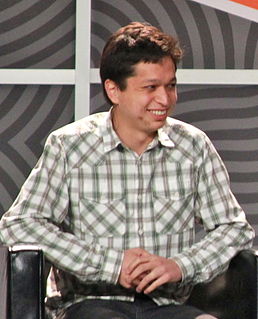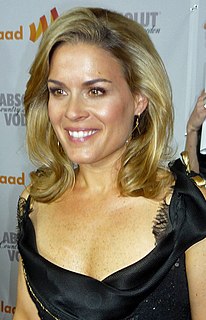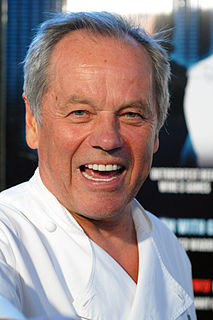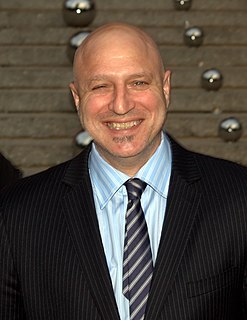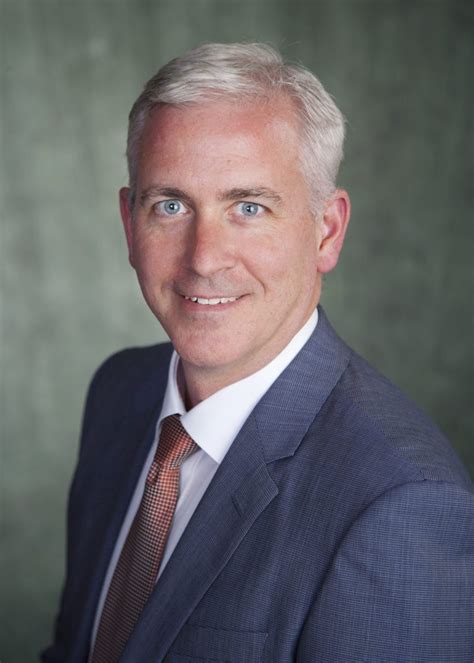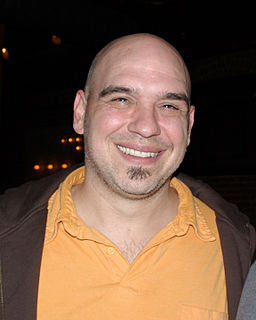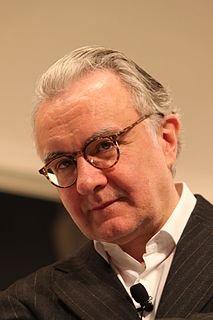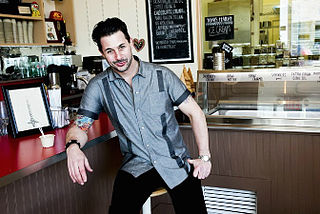A Quote by Ben Silbermann
I kind of think of engineering like the chefs at a restaurant. Nobody's going to deny chefs are integrally important, but there's also so many other people who contribute to a great meal.
Related Quotes
Following the devastating India Ocean tsunami of 2004, I founded Chefs for Humanity, modeled after Doctors Without Borders, but comprised of chefs. There wasn't anything out there like it, and there was a definite need for chefs to be able to offer assistance and aid to those suffering from hunger and/or malnutrition worldwide.
Chefs have only been able to work in restaurants, high-end cuisine. Why? Why haven't they been able to find other scenarios? For those chefs who want to do avant-garde cuisine, should they be finding their income in a restaurant? These are the kind of questions we are asking ourselves. So the new scenario will allow them to do whatever they want to do, whenever they want to do it.
Nine out of ten English chefs have their names on their chests. Who do they think they are? They're dreamers. They're jokes. Just ask yourself how many chefs in this country have Michelin stars and how many have their names on their jackets. We all wear blue aprons in my kitchen because we're all commis. We're all still learning.
I'll basically eat anything that a chef puts in front of me. One of the reasons is respect for the chef. I watch chefs eat at other chefs' restaurants, and they're very aware not to leave anything over because the chef is watching very closely. It's a very sincere interaction when two chefs are cooking for one another.
Sometimes these challenges naturally select more chefs that can think on their feet very quickly. There are chefs I know who won't put things on the menu unless they've tried it four or five times. So you just naturally select a certain kind of chef, people who maybe don't win a bunch of challenges but they hang around.
Chefs hate desserts. The smartest thing a chef can do is hire a great pastry chef. Cooking savory food is all about feel - you season something, you taste it, you go back in and adjust, more butter, more olive oil, more acid, whatever you want to get it to taste the way you want. Pastries are like a science project. To me, the greatest chefs are the ones who have the greatest feel for food, while the greatest pastry chefs have to be people that are extremely precise.
